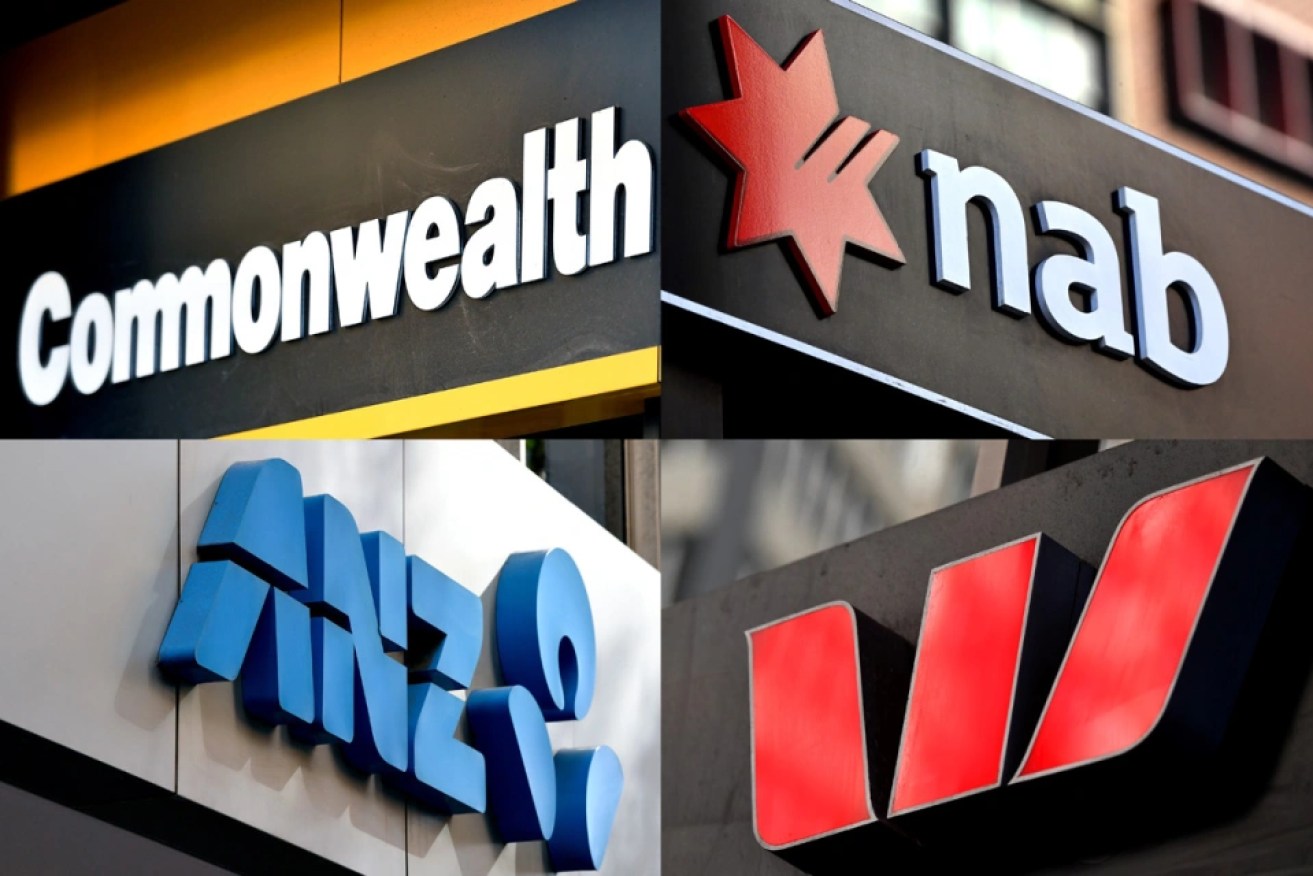ACCC asking why banks are slow to lift interest rates on savings accounts

Banks have begun passing on a new tranche of rate increases to savers after the RBA's latest hike. Photo: TND
Australian savings rates are changing after the Reserve Bank’s February interest rate increase, but banks have been criticised for dragging their feet.
Acting on the directions of the federal government, the Australian Competition and Consumer Commission launched an inquiry on Wednesday into deposit interest rates.
The ACCC will investigate how banks set interest rates for savers, including differences in interest rate increases between bank deposits and home loans.
Commonwealth Bank, ANZ, Westpac and NAB all passed on the February rate hike to their customers’ home loans, alongside 17 other major lenders – with effective dates from later this month.
In most cases, banks have immediately passed on cash rate increases in full to their home loan interest rates.
Savers miss out
But major banks have failed to pass on all of the RBA rate hikes to customer savings accounts over the past year, and are keeping the best rates for promotional offers that come with conditions attached.
Australian households hold more than $1.3 trillion in savings and deposit accounts, which ACCC chair Gina Cass-Gottlieb said are an important supplement to income from employment, superannuation and the pension.
Canstar finance expert Steven Mickenbecker says that despite ANZ, CBA and Westpac all passing on the February rate hike, savers are still only receiving “trimmed” increases.
“Rate rises have been smaller than the Reserve Bank moves, or not applied to all savings products, or have been given mainly as bonuses either to new customers or based on the saver meeting bonus conditions,” Mr Mickenbecker said.
“It means existing savers in promotional savings accounts have on average only seen increases of 1.35 per cent in the period that the Reserve Bank cash rate has jumped 3 per cent, noting that Tuesday’s increase has not yet reached accounts.”
Smaller lenders are offering higher savings rates, with ING leading the market with a 4.80 per cent rate on its savings maximiser account – which is about 0.80 per cent higher than the rates being offered by major banks.
“Over the last six months, ING has been one of the most consistent performers when it comes to passing on rate hikes to its savings customers,” RateCity research director Sally Tindall said.
“This is great news for customers with a savings maximiser account, but also for competition in the savings sector because it puts pressure on other banks to follow suit,” she said.
The new savings landscape
The table, below, surmises the best savings rates on the market, alongside what the big four banks are offering.
However, in order to get the best rates on the market you’re going to need to play by the bank’s rules, according to Mr Mickenbecker, who says the best deals come with conditions attached.
“Banks are using existing savers to balance the books as they have offered attractive rates for new borrowers and paid higher interest rates for wholesale funding,” Mr Mickenbecker said.
“It’s not fun for savers to be the meat in the sandwich.
“There are reasonable 4.5 per cent rates available to savers, but it may require switching banks. Even switching accounts at their own bank can often deliver 4 per cent returns.
“The game of saving these days has become complicated and savers need to absorb the conditions in the fine print to make sure they will be able to meet bonus conditions every month or change banks when promotional rates expire.”
Should you switch bank accounts?
The first question to ask is whether you can consistently meet the requirements attached to the interest rate on the account, such as a need to grow your savings balance every month.
Other accounts only offer their best rate for a few months at a time, so savers would need to switch accounts regularly to avoid moving off their introductory offer.
The good news is that switching your savings account regularly is a good idea at the moment, because the RBA is expected to pass on at least one more rate hike later this year, meaning rates will change again.








